Dr. Matthew Sims is an infectious disease physician in Royal Oak, Michigan. | Pixabay
Dr. Matthew Sims is an infectious disease physician in Royal Oak, Michigan. | Pixabay
Dr. Matthew Sims spoke on "The Frank Beckmann Show" recently about COVID-19 and how it has impacted lives.
Sims said that since the pandemic has slowed down a bit, there isn't as much pressure on hospitals as there previously was.
"I think a little less pressure because we don’t have quite as many COVID patients as we did back in April, May," Sims told Beckmann. "But we do have a fairly full hospital. We’re not quite where we were at before COVID, but normal hospital activities have resumed, and they’re getting closer to where we were before."
Sims said his hospital has designated floors for COVID patients, which helped the situation.
"We have specific floors where those patients are kept," Sims said on the radio program, "where they’re used to dealing with them and have procedures in place. But it’s still difficult doing both."
Sims said the pandemic has been hard on the mental health of health care workers.
"It’s a difficult thing to stay up at the top 100% of the time," Sims told Beckmann. "We all go through challenges. We all go through periods where we’re a little depressed or a little sad about what’s going on. But then we see the patients who get better and get out of the hospital."
Sims said recently he was able to see a video of a patient who had been in the ICU with COVID-19 go home and get out of her car with all of her family surrounding her, and that raised his spirits.
He also said there has been a lot of pressure on hospitals regarding COVID-19 and that he was seeing COVID-19 patients every day.
Beckmann asked Sims' thoughts on closing down remote makeshift hospitals and whether that was the right decision.
"You know, that's a difficult thing to know," Sims said on the radio show. "Certainly, at the height of the pandemic, we could’ve used that relief valve. The problem with relief valves like that is it’s not enough to just have a place to put them; you have to have all the equipment there. You have to have all the doctors and nurses and procedures there, and it’s not that simple."
Sims said hospitals aren't only overwhelmed by the number of beds taken up, but also by when there isn't enough trained staff that are used to dealing with that specific type of situation.
"In a normal ICU, you’ve got, let’s say, 20 beds and, out of those 20 beds, everybody is sick, very sick, but only two or three of them at any given time are probably taking almost constant vigilance," Sims told Beckmann. "Other than that, you can pop between one or two patients for the nurses. The doctors watch half of that bed group, and you have two teams of doctors."
However, Sims said when COVID-19 struck, that changed.
"But when COVID came in, it raised the number of people who had to be watched constantly, and we had less treatments to actually help," Sims said on the radio program.
He said remote sites could only do so much when you don't have enough people to provide help for those critical patients.
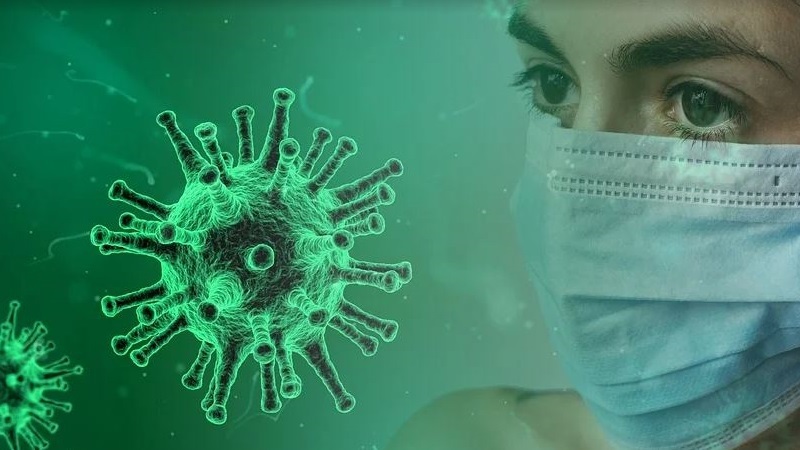
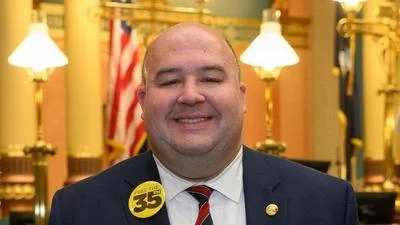
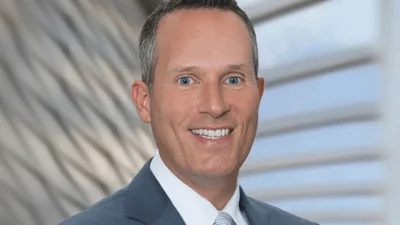
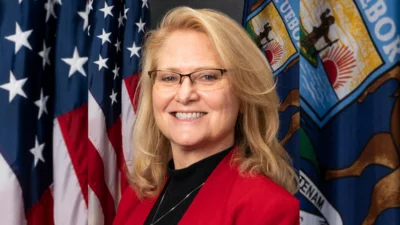

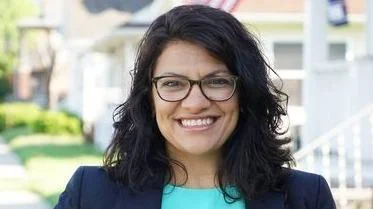
 Alerts Sign-up
Alerts Sign-up